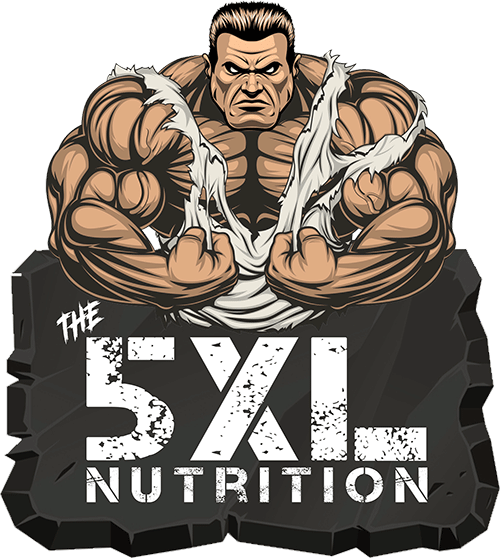Fat Burner vs Pre-Workout: Which One Should You Choose?
When it comes to fitness supplements, two names that often create confusion are fat burners and pre-workouts. Many beginners — and even experienced gym-goers — wonder if they should take a fat burner to lose weight or a pre-workout to boost training energy. Both supplements are popular but serve very different purposes.
In this blog, we’ll break down the key differences, benefits, and risks of fat burners and pre-workouts, so you can decide which one is right for your goals.
What is a Fat Burner?
A fat burner is a supplement designed to support weight loss by increasing calorie burn, suppressing appetite, and boosting metabolism.
How Fat Burners Work:
- Boost Thermogenesis: Increase body heat, making you burn more calories.
- Curb Appetite: Reduce hunger cravings, helping you stick to a calorie deficit.
- Enhance Energy Levels: Provide mild stimulation to stay active throughout the day.
Common Ingredients:
- Caffeine – Increases alertness and calorie burning.
- Green Tea Extract – Supports fat metabolism.
- L-Carnitine – Helps transport fat into cells for energy.
- Capsaicin – Boosts thermogenesis.
What is a Pre-Workout?
A pre-workout is a supplement designed to improve exercise performance, endurance, strength, and focus.
How Pre-Workouts Work:
- Increase Energy: High caffeine and stimulants provide a surge of energy.
- Improve Blood Flow: Ingredients like L-arginine and citrulline enhance the “muscle pump.”
- Boost Endurance: Beta-alanine delays fatigue during intense workouts.
- Enhance Focus: Nootropics and stimulants sharpen mental clarity.
Common Ingredients:
- Caffeine – Provides energy and alertness.
- Beta-Alanine – Reduces muscle fatigue.
- Creatine – Supports strength and recovery.
- Citrulline Malate – Improves blood circulation.
Fat Burner vs Pre-Workout: The Key Differences
| Aspect | Fat Burner | Pre-Workout |
|---|---|---|
| Primary Goal | Support fat loss | Boost workout performance |
| Main Function | Increase metabolism, suppress appetite | Increase energy, focus, endurance |
| Best Time to Take | Morning or before meals | 20–30 minutes before workout |
| Contains Stimulants? | Usually, but moderate | Yes, often high caffeine |
| Ideal For | People in calorie deficit aiming for fat loss | Athletes, lifters, or anyone wanting intense workouts |
Can You Take Both Together?
Some people wonder if they can combine fat burners with pre-workouts. The answer is yes, but with caution.
Both products often contain caffeine and stimulants. Taking them together may lead to:
- Jitters
- Insomnia
- Increased heart rate
- Digestive issues
If you plan to use both, choose a non-stimulant fat burner or a low-caffeine pre-workout. Always check the label carefully.
Which One Should You Choose?
The right supplement depends on your fitness goal:
- Choose a Fat Burner if:
- Your main focus is fat loss.
- You struggle with appetite control.
- You need a metabolism boost while dieting.
- Choose a Pre-Workout if:
- You want more energy for intense training.
- You focus on building strength, endurance, and performance.
- You don’t have issues with fat loss but need workout intensity.
Safety & Side Effects
Both supplements are generally safe when taken responsibly, but overuse can cause issues.
- Fat Burner Side Effects: Increased heart rate, digestive issues, sleep disturbances.
- Pre-Workout Side Effects: Tingling (from beta-alanine), jitters, caffeine crash, dehydration.
Always start with half the recommended dose to assess your tolerance.
Natural Alternatives
If you don’t want to rely heavily on supplements, here are some natural options:
- For Fat Loss:
- Black coffee
- Green tea
- High-protein diet
- Regular cardio
- For Pre-Workout Energy:
- A banana with peanut butter
- Beetroot juice (improves blood flow)
- Black coffee (for caffeine boost)
Conclusion
The fat burner vs pre-workout debate comes down to your fitness goal. If you’re looking to burn fat and control appetite, a fat burner may help. If you want explosive energy and focus for intense workouts, a pre-workout is the way to go.
Remember, supplements are not magic — they work best when combined with proper nutrition, exercise, and recovery. Choose wisely, listen to your body, and always prioritize a healthy lifestyle.
